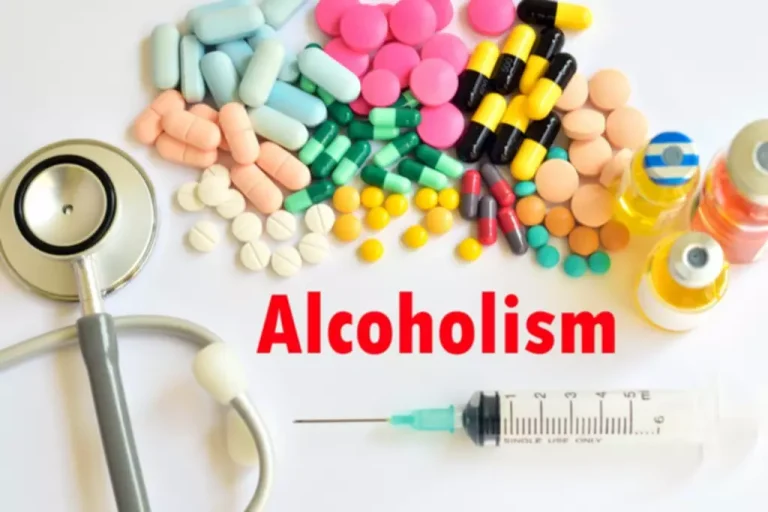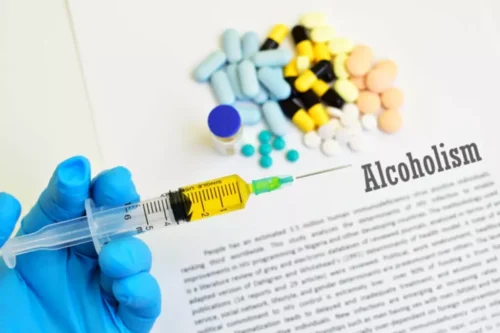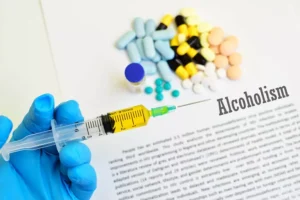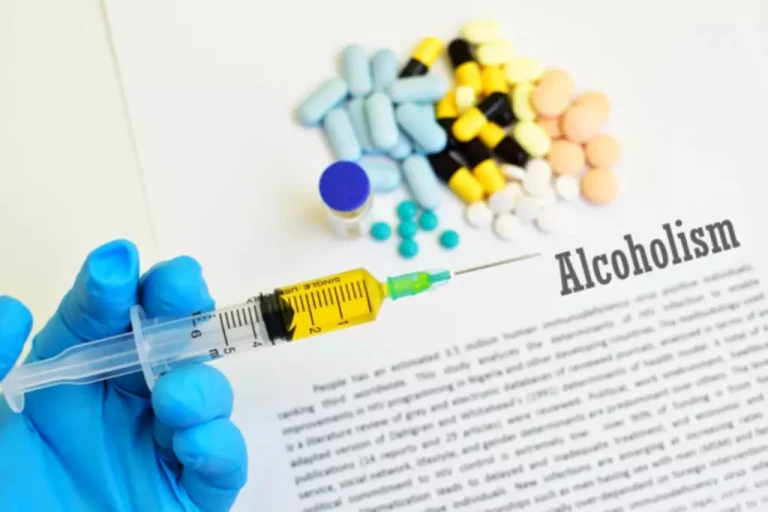
Not everyone will get a marijuana use disorder from using weed, but the possibility exists. The only way to truly prevent addiction is to avoid marijuana altogether. Chronic marijuana use causes physiological changes in the brain that may contribute to misuse and dependence. THC is responsible for the reinforcing properties of marijuana and subsequent addiction because it stimulates the is weed addictive brain’s reward system and promotes the release of dopamine, a “feel-good” hormone. This is at a higher level than normally seen with naturally rewarding stimuli, which can lead to addiction.
- It’s something that the patient can really relate to and understand.
- Like other substance use disorders, cannabis use disorder and addiction can lead to withdrawal symptoms, dependence, social challenges, legal issues, and more.
- Its widespread availability has made its recreational and medical use increasingly accepted worldwide, but this doesn’t mean it can’t potentially be dangerous.
- This risk could be higher in young men or people assigned male at birth, especially between 16 and 25 years of age.
- Many people find that hot showers and baths can help them control symptoms.
- Navigating the journey away from cannabis addiction, dependency, or CUD can be daunting, yet seeking support transforms the experience.
- Studies suggest that THC is the substance that creates the potential for marijuana addiction because of its psychoactive properties.
The Link between Cannabis and Psychosis in Teens Is Real
- «When you concentrate your flower cannabis into a concentrate, most pesticides come over and concentrate during that same procedure.»
- THC, which stands for tetrahydrocannabinol, is the part of the cannabis plant that causes the mental effect.
- Physical dependence may occur with mild withdrawal symptoms like irritability or sleep issues, but psychological dependence is more common.
- Therefore, 12-step programs continue to gain popularity as an effective means of support for individuals struggling with addiction.
- However, research is limited and the details of the negative effects on the brain are not fully understood.
It is important to keep an eye out for these signs, as they indicate a potential problem with marijuana misuse. Some people may use cannabis to avoid negative experiences, such as trouble sleeping, anxiety, or depression. This may spur people to use it regularly over a longer term, increasing the risk of CUD and addiction.
Marijuana During Pregnancy

Repeated use can lead to brain changes, making users dependent on the drug for mood regulation and stress relief. Local treatment centers provide not only immediate support but also long-term recovery resources. With these tips, you’ll be better prepared to find the right fit and begin your journey toward a healthier, cannabis-free life.

Signs of cannabis use disorder
Understanding these distinctions is for developing effective treatment strategies and informing public health policies regarding substance use. According to Sewell RA et al.’s 2009 study titled “The Effect of Cannabis Compared With Alcohol on Driving,” published in the American Journal of Addiction, nearly 88,000 alcohol-related overdose deaths occur annually in the Alcohol Use Disorder U.S.. In contrast, marijuana has an extremely low risk of fatal overdose, requiring an impractically high amount to reach lethal levels. By implementing these methods, communities create a robust framework for preventing marijuana addiction, ultimately leading to healthier outcomes for individuals and society as a whole.
Overall, the success of marijuana rehab hinges on personalized treatment plans that address both the psychological and social aspects of addiction. Marijuana addiction rehabilitation involves a structured approach that includes detoxification, therapy, and ongoing support. The process begins with detox, where individuals are monitored for withdrawal symptoms such as anxiety, irritability, and insomnia, which peak https://ecosoberhouse.com/article/how-marriage-changes-after-sobriety/ around 48 to 72 hours after cessation and last for several weeks. Providing access to mental health services and promoting coping strategies help individuals manage stress and emotional challenges without resorting to marijuana. These physical signs of marijuana addiction vary in severity depending on the individual’s usage and overall health.
- Periodontal disease doesn’t just cause tooth loss but has also been linked to many other health issues, including heart disease and preterm labor.
- Its psychoactive properties induce feelings of euphoria and altered sensory perceptions, which many users find pleasurable.
- THC is known as the substance that makes a person feel a «high,» while CBD often promotes a feeling of relaxation.

However, it adds to existing research showing that frequent cannabis use may affect certain thinking skills. In particular, Yafai is concerned that people who use cannabis for chronic pain or to help them sleep may be turned off by the way the results of this study are presented. This connection remained even when researchers excluded people who had used cannabis recently, based on the urine test. The results also weren’t affected by how much alcohol participants reported drinking, researchers found. However, the study could not determine if working memory comes back if a heavy user quits and is a nonuser for an extended period of time, she added.
- This connection remained even when researchers excluded people who had used cannabis recently, based on the urine test.
- NAC is being investigated as an anticraving agent in cannabis addiction therapy due to its regulatory role in glutamate and dopamine signaling (Samuni et al. 2013).
- About 1 in 10 people who use marijuana get addicted or have cannabis use disorder.
- If you use marijuana at least once a week, you might need more anesthesia.
- Psychosis is a symptom of a serious medical condition called schizophrenia.
